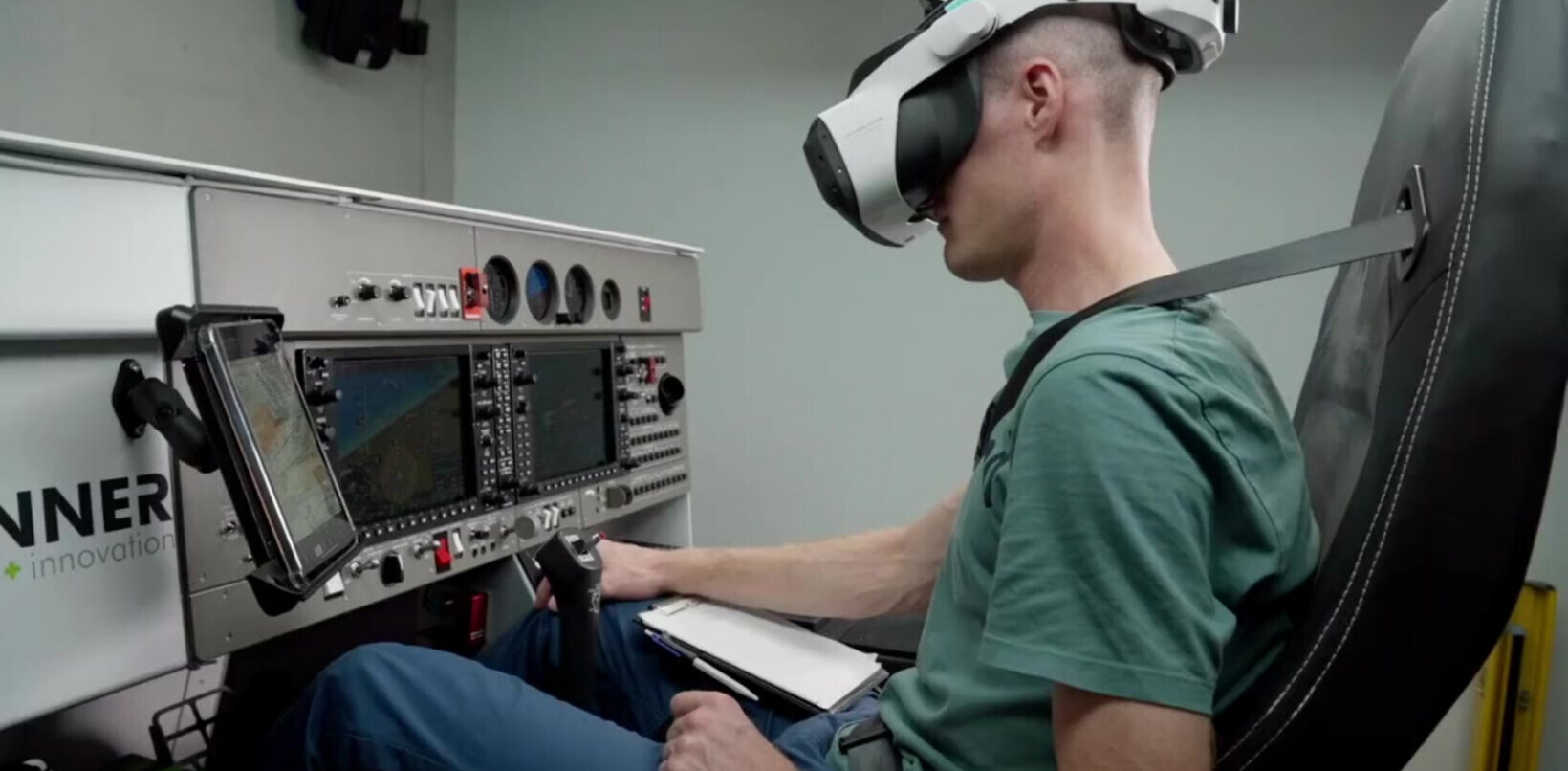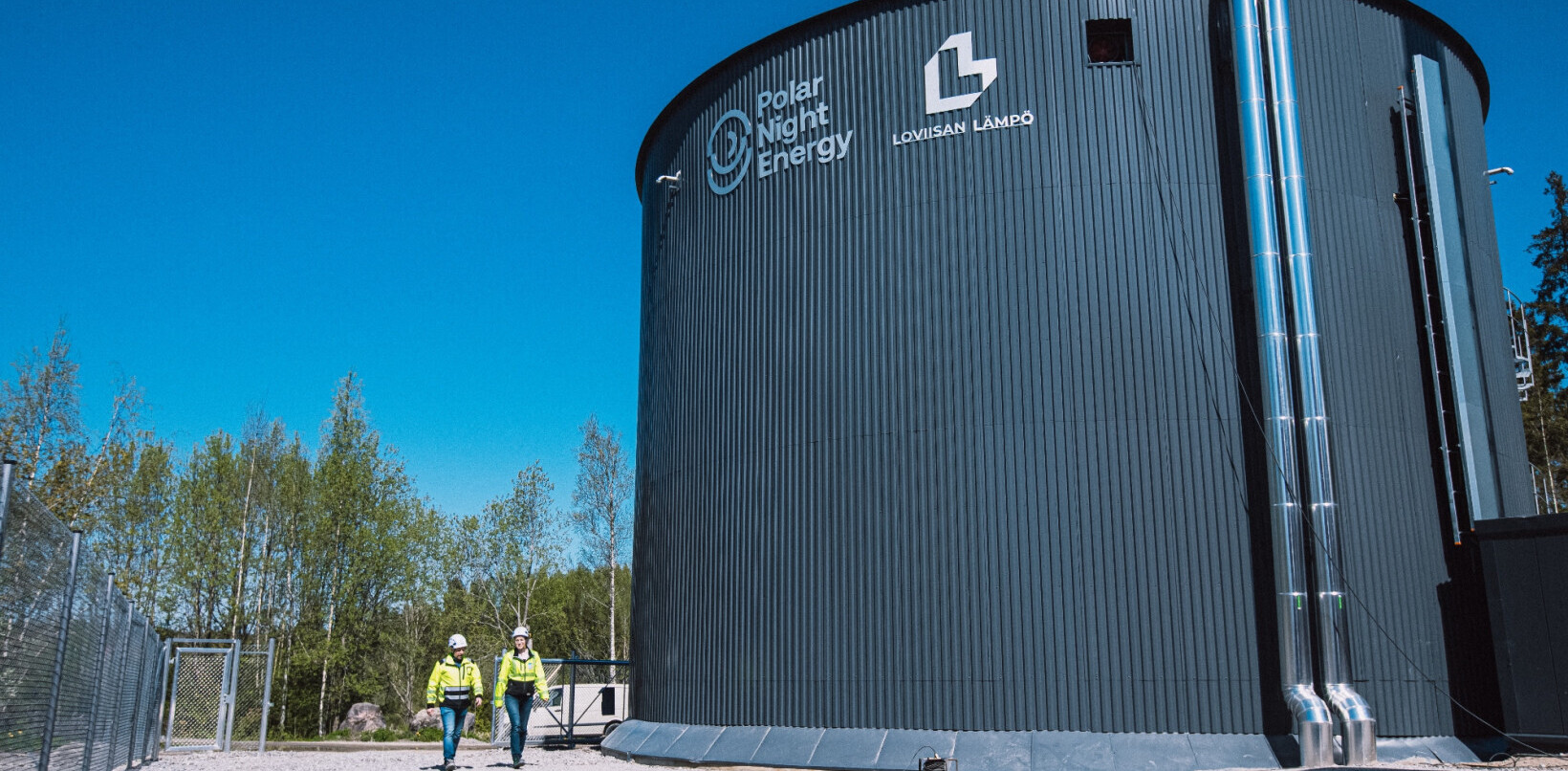
If, like me, you have friends who’ve lived the ‘digital nomad’ life you probably understand that tinge of jealousy you get when you see Instagram stories about their weekend bike trip to a secluded beach or their Friday work drinks aboard a boat cruising through historic canals.
After this long period of lockdowns and quarantine, the itch to travel and experience new things has gotten even stronger. Luckily, if you work in tech, the overwhelmingly high demand for talent means you don’t have to be an armchair traveler for much longer.
The growth of mini startup ecosystems, digital transformation movements across enterprise companies, and rise of the globetrotting entrepreneur means there is literally a world of options.
It may seem daunting to pick up and move to a completely different country, but some governments are now purposely breaking down bureaucratic hurdles in a bid to attract more tech talent.
One such country is the Netherlands, which recently launched a new Welcome to the Netherlands platform to attract people with the skills to contribute to digitization, the energy transition, and the development of emerging technologies.
Rutger de Graaf, Advisor International Startups and Talent at Netherlands Point of Entry, told TNW:
The goal of the Welcome to the Netherlands platform is to inform international talent who are interested in working in The Netherlands on all they need to know, from daily life to visa schemes, and from social activities to innovative sectors with challenging job openings.
When looking for a new home base, it’s important to start by doing your homework. What opportunities are available? Will there be room for market growth in your sector? What will life be like outside office hours?
Whether you’re an individual looking to find work abroad or an entrepreneur looking to start a business, de Graaf gave TNW the low down on how to get started planning your move to the Netherlands.
The Dutch life, cheese and wooden shoes are just bonuses
The Netherlands is widely known for both its historic canals, but also its cutting edge tech scene. It’s home to global success stories like Booking.com, Takeaway.com, ASML, Messagebird, Catawiki, Mosa Meat, Galapagos, Molli and Adyen. Within this environment, tech startups and scaleups have been popping up faster than tulips.
A fast growing tech market, a digitized economy, and strong ambitions to tackle climate change means there’s high demand for science, technology, engineering, and math (STEM) skills amongst Dutch companies.
In fact, the demand for tech talent in the Netherlands has doubled according to TecBridge, resulting in 26 vacancies for every job-seeking tech worker. Those sound like pretty good odds for people with the right skills if you ask us.
According to De Graaf, “the most recent report of the Developer Happiness Index published on the tech website Honeypot, has shown that developers in The Netherlands are among the happiest in the EU.” And it’s no wonder. Studies like the OECD Better Life Index show that the Netherlands is also one of the best places in the world for work/life balance.
As something that de Graaf can attest to, “the Dutch open mindset is something that a lot of tech workers find pleasant.”
In fact, on Friday afternoon it’s expected that everyone closes their laptops and joins the team for a borrel (yes there is a specific word for Friday drinks in Dutch). And if you don’t drink, you can instead indulge in the glorious Dutch bitterballen.
If this sounds like your kind of work environment, it’s time to get down to the details.
Find the visas and work permits you need
Navigating the local visa requirements is never as easy as it sounds. What kind of documentation do you need? How easy is it to get a visa for your partner or children? Can your partner work in your new country?
It normally takes hours of sifting through government and embassy websites, comparing info, and tracking down obscure paperwork until you ultimately opt to hire an immigration lawyer.
That’s why the Welcome to the Netherlands Platform has a handy section compiling the different info you need to apply for a visa and what you need to know when you get there. (Did you know the Netherlands offers highly skilled immigrants a 30% tax reimbursement ruling?) This includes contact details of local specialized authorities.
De Graaf says:
Ultimately, you will depend on the government of the country you’re migrating to for information, visas, support and the whole process of migrating itself. It is thus important to find a government that’s accessible and actively pursuing to facilitate a pleasant and smooth migration process.
Discover the right (work) challenge for you
It’s not just the capital, Amsterdam, that has a vibrant and growing tech scene. Other regions in the Netherlands are being put on the map for specialized industries, like the Brainport area, with its semi-conductor industry, the health-tech sector in Groningen, and the (digital) Security Delta in The Hague.
The Welcome to the Netherlands Platform provides detailed information on everything you need to know depending on the type of work you intend to do, which sector you want to work in, and exactly where this sector is flourishing.
Aside from the platform, there are also a number of expat centers set up specifically to provide international talent with a soft landing in the country.
If you want to come to the Netherlands, but you’re still looking for a job, check out The TechLeap job board which offers an overview of all the startup and scaleup jobs in the Netherlands.
A great place for entrepreneurs too
The fast growing tech sector, innovative startup scene, and balanced lifestyle have attracted talent from across the globe to the Netherlands. In fact, Amsterdam is in the top 20 startup locations for finding tech talent. All of these elements make the Dutch ecosystem a great place for international founders to launch their startup.
The government is continuously introducing new possibilities to help entrepreneurs hire international tech talent. An example de Graaf shared with us is the newly launched Residence Permit for Essential Startup Personnel which:
… enables startups to hire employees based on familiar labor structures, including the option to reward employees with stock options rather than just higher wages. The stock options could reduce a high wage burden in the startup phase and motivate key employees. The Netherlands is the first country in Europe with such a residence permit.
If you’re curious to learn more about the many incentives and benefits this country has to offer both tech talent and entrepreneurs, check out the Welcome to the Netherlands platform here.
Get the TNW newsletter
Get the most important tech news in your inbox each week.





